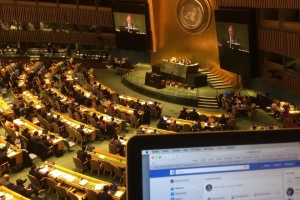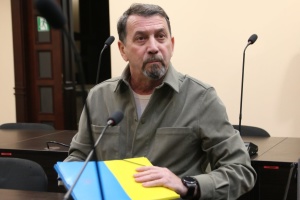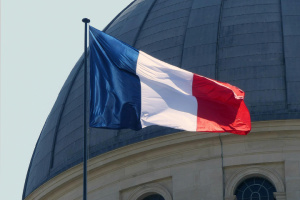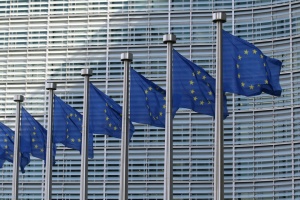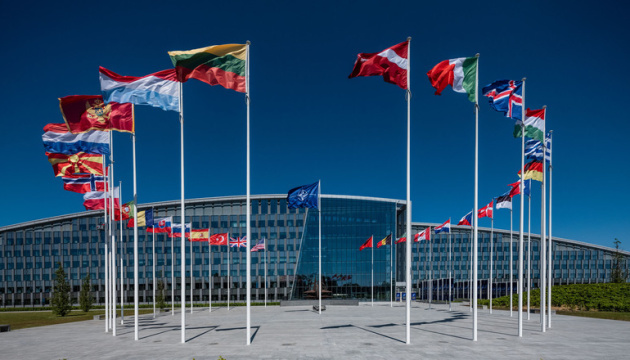
Closer to NATO: Benefits of Ukraine’s participation in NAC’s Armaments Committee
On October 26, Ukraine took part in a meeting of the NATO North Atlantic Council's Conference of National Armaments Directors. The event is truly unprecedented. That’s because, despite the fact that our country has been involved in earlier conferences, too (which will be discussed below), this was the first time when this is about the issues that are the prerogative of NATO Allies exclusively. These include defense technology innovations, interaction with science and the defense industry, and the optimal ratio of military needs and budget capabilities.
What is this Conference and who takes part in it?
The NATO Conference of National Armaments Directors (CNAD), or the NATO Armaments Committee, as already mentioned, is the Senior Advisory Committee of the Alliance's North Atlantic Council (NAC). In turn, the NAC is NATO’s main political decision-making body, consisting of permanent delegates representing the Allies.
"CNAD was established in 1966 to coordinate the efforts of member states (and, where appropriate, partner countries) to develop, procure and achieve interoperability of armaments and military equipment," Mykhailo, deputy director of the Center for Army Research, Conversion and Disarmament, told Ukrinform. Samus.
The Committee identifies possible ways for cooperation between countries to share risks and costs for design works, research and development, as well as saving costs on scale, interaction with industry, standardization, and interoperability.
The Conference of National Armaments Directors is convened twice a year in plenary format, one time with the participation of the Allies exclusively and the other – where partners attend. There are also monthly regular meetings. They all take place at NATO Headquarters in Brussels.
"It is known that, for example, besides Ukraine, representatives of Austria, Azerbaijan, Finland, Sweden, Switzerland, and other countries also take part in such meetings. At one time, even the Russian Federation participated in CNAD meetings,” said Valery Riabykh, a military expert and editor of the Defense Express outlet.
As far as Ukraine is concerned, the expert noted, the Ukraine-NATO Joint Working Group on Defense and Technical Cooperation was launched in March 2004: “It is responsible for designating and coordinating the implementation of specific measures of cooperation between Ukraine and NATO in the field of armaments. It reports to both the Ukraine-NATO Commission and the Conference of National Armaments Directors.”
However, while until last year, when Ukraine became a member of NATO's Enhanced Capabilities partnership on June 12, 2020, the meetings focused more on technical assistance and the implementation of NATO standards, with the acquisition of new status things somewhat changed…
"The range of issues in which Ukraine representatives will be engaged can be significantly expanded, especially considering Ukraine’s continued determination in achieving the ultimate goal of joining the Alliance as a full member," said Riabykh.
What was discussed at the meeting and what exactly can it bring Ukraine?
"Several key topics were discussed during the meeting, including innovation and NATO's core programs. Armaments Directors, in particular, discussed new, breakthrough technologies to understand their potential, identify action plans, tools for their implementation, and the relevant deadlines. They also provided instructions on how to secure capabilities critical to deterrence and defense as soon as possible, through enhanced cooperation between Allies, as well as with NATO's Research and Technology Organization and Strategic Commands, and so on,” said Valery Riabykh.
Simply put, the meeting focused on issues related to the Alliance's agenda, which is quite logical.
As for Ukraine…
"We have no public information at the moment. However, it’s highly likely that during this meeting and during those with representatives of individual NATO Allies, the handover of a number of key lethal weapons to bolster our country's defenses could be discussed. This includes anti-ship missiles, various naval defense systems, missiles, and air defense elements," said the expert.
"At such meetings, decisions are made on what weapons to produce and develop, and most importantly – on who will be doing it. As Ukraine today is a NATO enhanced capabilities partner, in this case, it is likely it will also be integrated into the process of designing and manufacturing weapons models for NATO Allies," added Oleh Zhdanov, Colonel in Reserve who is now a military expert.
This means that the Ukrainian defense industry, its research and technology potential may be involved.
"The range of what we can produce is really wide. Firstly, that’s thanks to our defense industry, and secondly, because we have unique technologies that even the United States doesn’t have. For example, the Atlas space rocket, which was mainly developed and manufactured by the Ukrainian Pivdenmash, recently took off toward Jupiter's satellites,” Zhdanov recalls.
In addition, Ukraine can make guidance and navigation systems (including the Neptune missiles). As an example, at Saudi Arabia’s request, Ukraine built the Hrim (Thunder) missile system from scratch in three years before handing it over to them. That’s not to mention our radars. In particular, the Ukrainian Kolchuga, a passive radar that sees the sky while remaining invisible to everyone else has no competitors internationally.
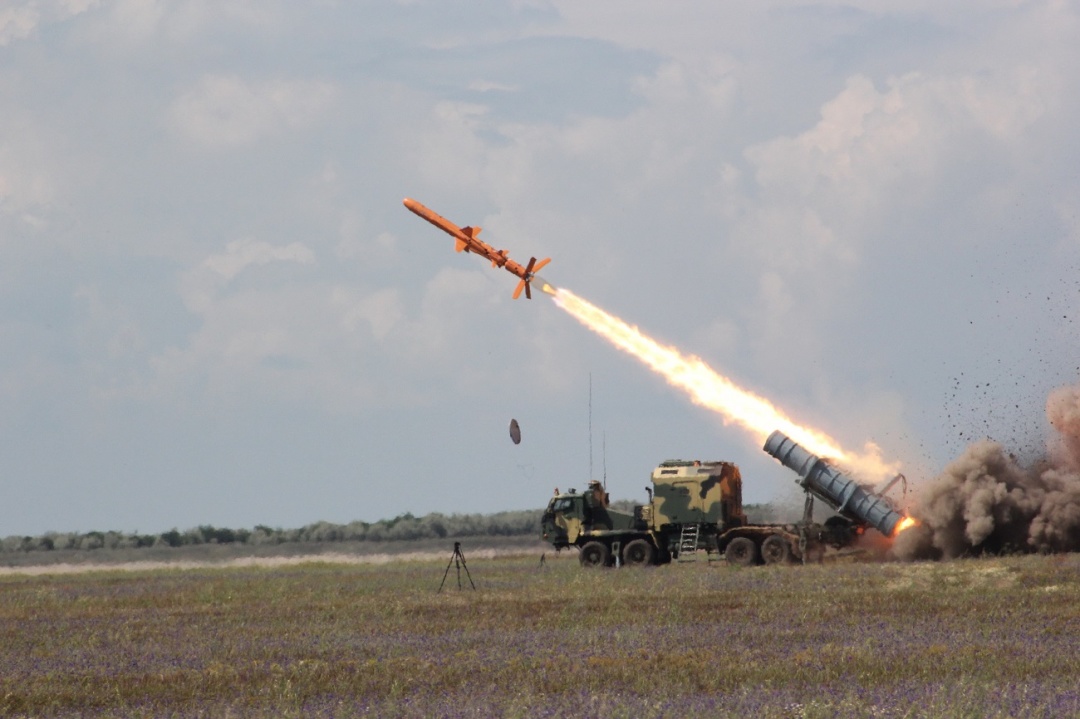
"Finally, we have a joint project with the United Kingdom to produce missile boats, and with Turkey – an Akinci strike drone. That is, there are many projects of which Ukraine is part,” the military expert emphasizes.
And these are both NATO Allies.
"And NATO is already putting forward an issue, as early as today, of involving our country, so Ukraine's defense industry and scientific potential may receive additional orders from the Alliance. After all, designing and producing a missile in Ukraine is several times cheaper than assembling it in the United States or Germany. Therefore, Ukraine's presence at the meeting of armaments directors is important because, on the one hand, they continue to integrate and engage us, and on the other hand, for NATO it’s cost-effective to use Ukraine as a producer country (even for individual parts or components),” Zhdanov is convinced.
However, the Alliance needs to understand all the processes revolving in the country, preferably including its defense industry.
"Over the years, there decisions and efforts have been amassed, and now all this is gradually crystallizing, reaching a practical level. We are involved in specific NATO projects, so we are, in fact, already engaged in the processes taking place within the Alliance. And it is critical in this regard to reform our defense industry. The process that is ongoing today, liquidation of Ukroboronprom, as well as privatization, corporatization, and transition to civilized forms of defense industry management, will lead to Ukraine having it much easier to implement joint projects with our NATO partners,” Mykhailo Samus said.
Now it is difficult for our partners to understand exactly where to invest, transfer technology, how it will be protected, whether it could just be stolen out of the blue, and so on.
"Until now, our partners, including the Americans, simply could not physically invest in the Ukrainian defense industry because it was a sort of a Soviet entity, and nothing could be done about it. It was opaque to modern businesses. The thing is that defense industry in the west is a business that wants to see where its money and technology will be in a few years. However, now the process has been launched," said the expert.
It is very important that Ukraine take part in such NATO events, at least because they, among other things, offer us additional impetus for reform.
"As for the topics, areas, and fields of cooperation that will be useful to Ukraine both in terms of combat capability and commercial success in world markets, there’s an incredible number of them. We just need to do everything the right way and efficiently," Samus stressed.
In any case…
"President Volodymyr Zelensky's policy, aimed at demanding from NATO a clear position on Ukraine's accession, is beginning to bear fruit," said Petro Oleschuk, an international policy expert.
Of course, so far it is hardly worth claiming that Ukraine has made progress on the path toward joining NATO, but still…
"We have achieved being increasingly perceived as an important partner and ally. At the same time, we see how Ukraine is gradually beginning to penetrate NATO bodies. And this could mean a certain change in the minds of the Alliance leadership," the political expert concluded.
Myroslav Liskovych, Kyiv

